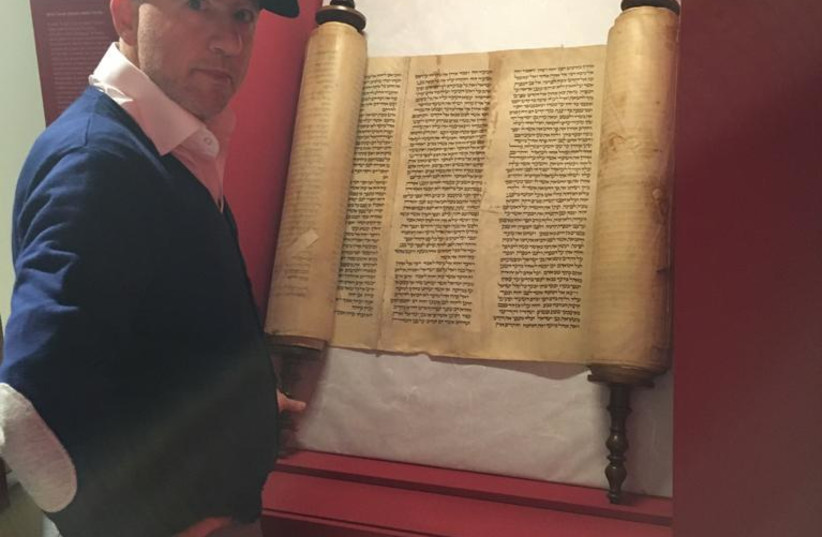Of all the banes and blessings of technology, none has helped me more than the GPS.
I have a directionally dysfunctional brain. My instinct is always wrong. If I am sure I should turn left, the correct answer is right. The stereotype that men do not ask for directions does not apply to me – I will ask anyone, at any time. It is fortunate that I live across the street from my synagogue, because if I lived far away, my attendance would be hit or miss. I have even managed to get lost with the GPS, because it cannot always recalibrate as quickly as I err.
Many years ago I listened to an interview with a psychologist who wrote a book called You Are Here: Why We Can Find Our Way to the Moon, but Get Lost in the Mall. In the interview he explained that when people get lost, there are two things we often get wrong that we need to remember.
The first: When you are lost, stop. People have a tendency when lost to speed up, often in the wrong direction. Panic induces us to try and undo the mistake, only to end up compounding it. That first rule reminded me of the confession in the al het, for the sins which we have committed “by running to do evil.” I have often wondered – why run? Why not do evil slowly? But anyone who has ever been on a diet understands. There is half a box of cookies; you don’t wish to waste them; if you eat them very fast, it doesn’t count. In other words, there is a very human impulse to do things we suspect to be wrong quickly, so it can be behind us. When we are lost we do the same thing. Let’s solve this, fast. But that is a wrong approach. We need to stop.
The second rule: People don’t appreciate that they are lost. Appreciate in two senses:
• Know that you are in fact lost. How often have you heard someone, who clearly does not know where he is, say, “I’m not lost”? Admit and accept it.
• Know that some of life’s most unexpected and beautiful experiences come from being lost – which makes it easier to admit. Any traveler will tell you that it was the unplanned journey, the bungled trip, the side alley and back path that was not intended, that yielded some of the most treasured moments.

THOSE ARE very good rules for being lost in life as well. Stopping is scary. We have the fear of the cartoon character who runs off the cliff and as long as his legs keep moving he stays up but the moment he stops he falls like a stone. We make bad investments and throw good money after bad because we are afraid to stop. We get into arguments and double down because we are afraid to stop. When you are lost in life, stop. Take a moment and a breath and a prayer.
“You stand here today,” we read in our parasha. Stop before you go into the land. Israel has been wandering, lost. At some moments they have appreciated the journey and learned from it. At other moments they have allowed their fear to dominate their lives, and rebelled or complained or panicked. Now, before they enter the land it is time to appreciate the wonders you discover when you realize you are lost, and take a moment of pause that allows you to evaluate and begin to change direction. Next week is Vayelech, when we are instructed to go forward. We can do that properly once we have paused and understood.
On Rosh Hashanah and Yom Kippur, we have the chance to stop, and admit that in our lives we are lost. We can reset our spiritual GPS, and begin anew. ■
The writer is Max Webb Senior Rabbi of Sinai Temple in Los Angeles and the author of David the Divided Heart. On Twitter: @rabbiwolpe
